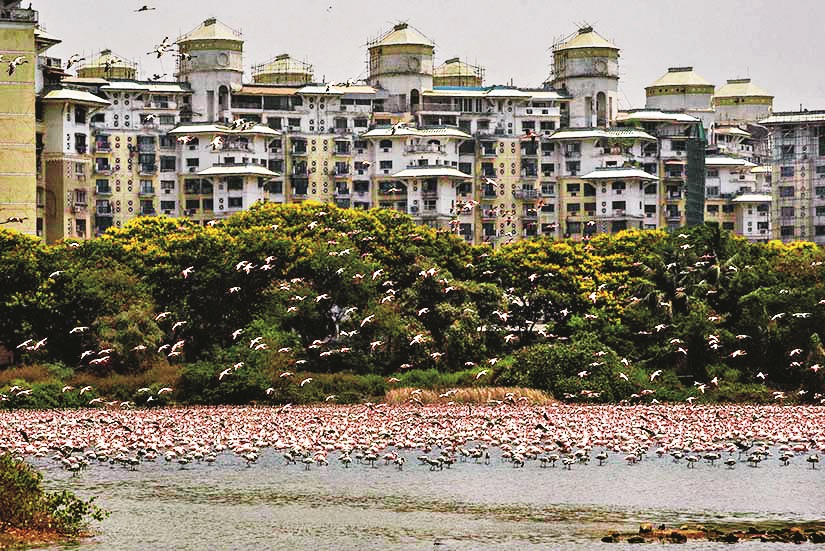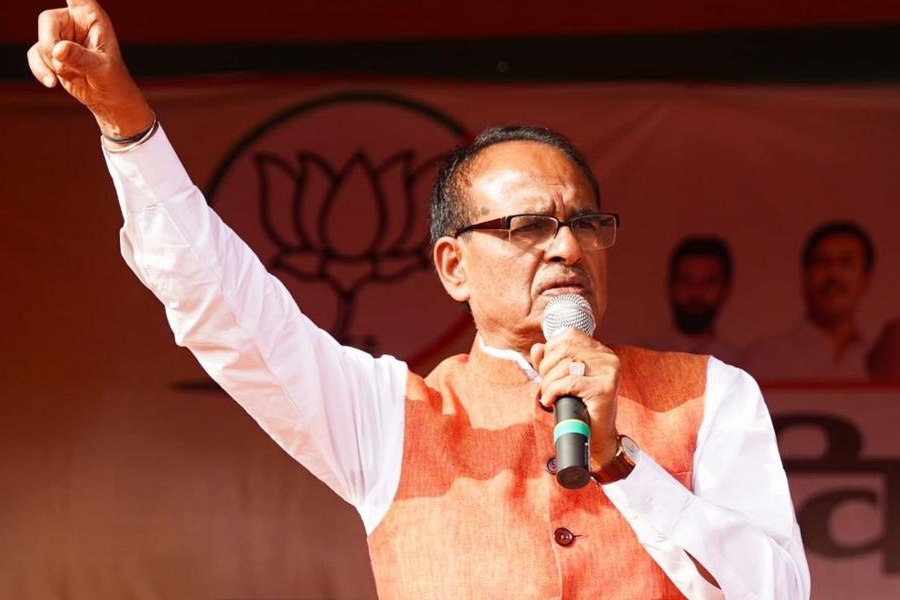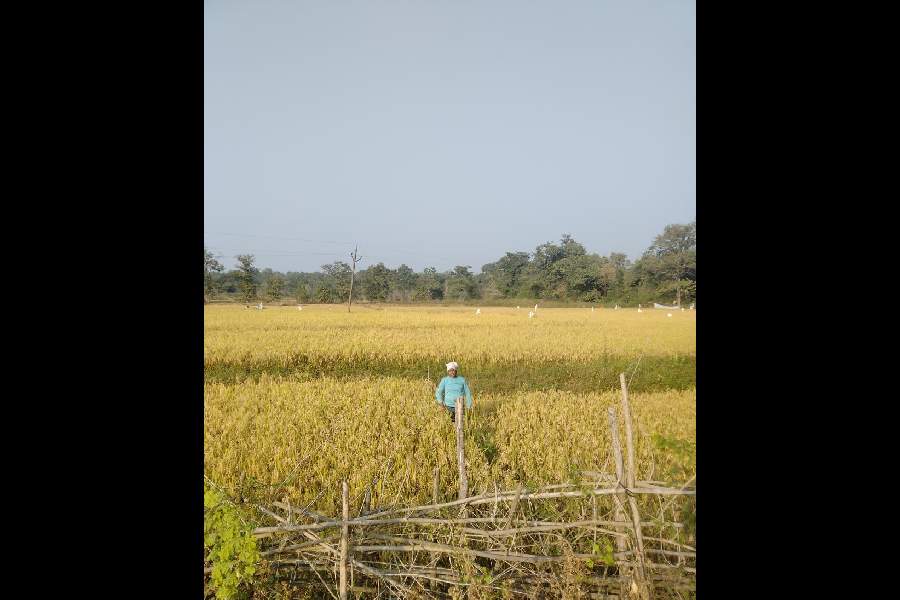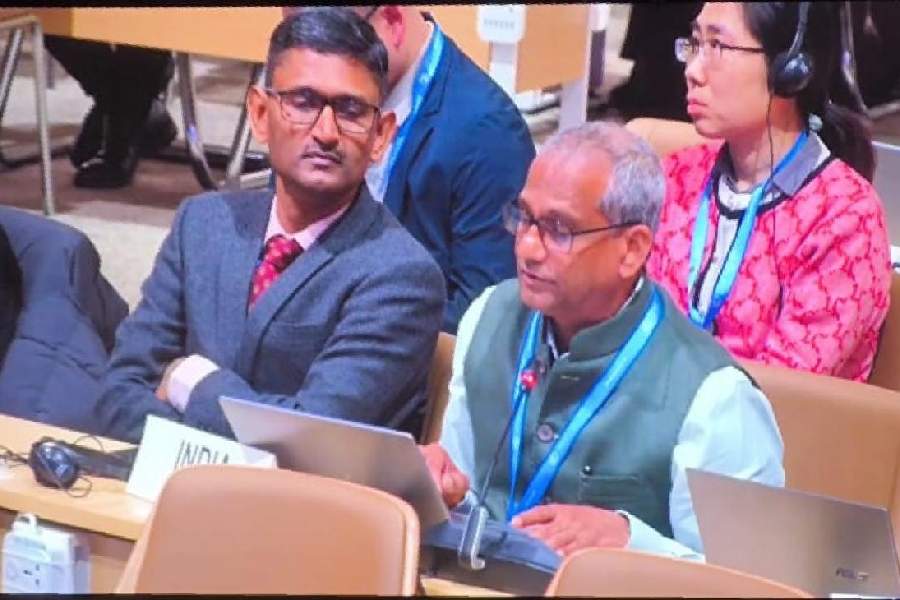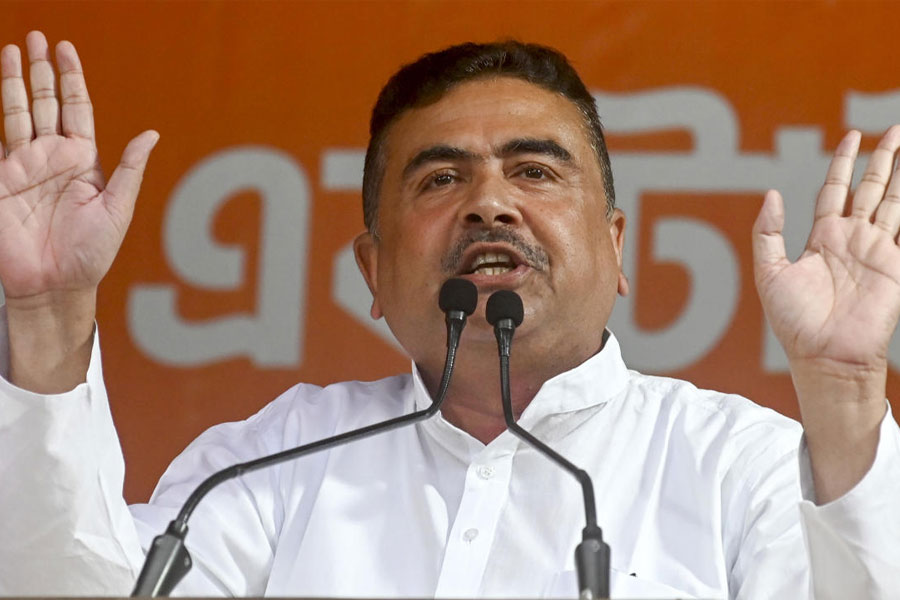Sir — As a number of flamingos were spotted during the lockdown at the wetlands in Navi Mumbai, some residents have suggested that the area be converted into a sanctuary. However, one wonders if such pleas will be pursued after the lockdown is lifted. Within days of the lockdown being put in place, social media platforms were flooded with pictures of birds and animals ‘reclaiming’ their space in urban areas. But will people retain this new-found sensitivity towards nature or will they continue to wreak havoc upon the lives of birds and animals on account of their greed once again?
Shreya Pal,
Siliguri
Hour of need
Sir — While hearing a plea regarding the rights of migrant workers to wages that are allegedly being denied during the lockdown, the Supreme Court said that it did not wish to supplant the government’s wisdom with its own, since the court was not an expert in health and management (“Bread alone”, April 13). It would be worrying if the top court of the country relied merely on the government’s assurance that workers were housed in shelters and fed adequately.
The Chief Justice of India reportedly asked why migrants need wages if they are being given food. This query does not take into account the families of the wage labourers who are facing starvation at home without their remittances. All right-thinking people believe that imposing a lockdown on four hours’ notice with zero preparation was shockingly irresponsible and an act of unforgivable ignorance. Thousands of migrant workers in the unorganized sector engaged in constructing the ‘New India’ promised by the government continue to remain invisible in the radar of the prime minister in this crucial hour. Ideally, the judgment of the apex court cannot be influenced by anything besides evidence and sense of justice — fear of public outrage or the response of the media have no role to play in it. Otherwise, the verdict cannot be accepted without a pinch of scepticism, like certain earlier judgments such as that in the Ayodhya case.
Jahar Saha,
Calcutta
Sir — In early 2018, four senior judges of the Supreme Court held an unprecedented press conference to voice their concern about a compromised justice delivery system and, as a consequence, a compromised democracy. One way in which this compromise could manifest itself is in the apex court accepting the government’s version to any incident without questioning it. Unfortunately, however, the top court recently asked the media to refer to and publish the official version of developments concerning the Covid-19 outbreak, in keeping with the Centre’s plea to prevent “fake and inaccurate reporting”. The head of the World Health Organization, too, has said that humanity is fighting two foes at the moment — a pandemic and an “infodemic”. But the antidote is not to rely on a single authorized version. The media are the enablers of that choice. The press was put on the list of essential services so that it could bring credible news of the pandemic both to the people and the State. The Supreme Court did direct the government to issue a daily bulletin to clear the doubts of the people, but now it has dismissed the case taking the government’s word on matters.
Several state governments have shown crass insensitivity towards the migrant workers; not providing food, herding them into dingy rooms, defeating the entire purpose of the lockdown — to maintain social distance in order to avoid contagion. This is part of the reason which caused a mass exodus of hungry and frightened wage labourers. Last week, three shelter homes went up in flames in New Delhi’s Kashmere Gate, following an alleged fight over maintaining social distance while being served food by government volunteers.
People put their trust in the judiciary to mete out justice. But with some recent judgments, this seems to be on the ebb. Unless migrant workers send money home, the survival of their families is impossible. India needs to retain the independence of its judiciary to ensure that judgments are not delivered under the pressure of the government.
S.S. Paul,
Nadia
Sir — The editorial, “Bread alone”, has rightly pointed out that migrant workers cannot survive only on food. They have to take care of their families in their native places too. In India, people are forced to migrate either because of distress or in search of better opportunities. In pockets of Punjab and coastal Andhra Pradesh, regions which are relatively stable economically, people migrate in search of higher incomes. Over two million migrants from Bihar and Uttar Pradesh are reportedly working in Kerala because of the money that comes in from the Gulf region.
While migration is essential for the growth and development of a nation, distress-driven migration must be reduced. The government should take steps to improve the living standards and work opportunities in areas that are economically weak. Some 6,00,000 migrant workers are known to be stranded in India right now. They should be transported back home with safety measures in place. Every Indian should have access to rationed food, oil and other amenities; migrants cannot avail of this welfare benefit because it is accessible to them only in their domicile. Immediate measures must be taken by the government for the welfare of these workers who are indispensable to the country’s economy.
Khokan Das,
Calcutta

